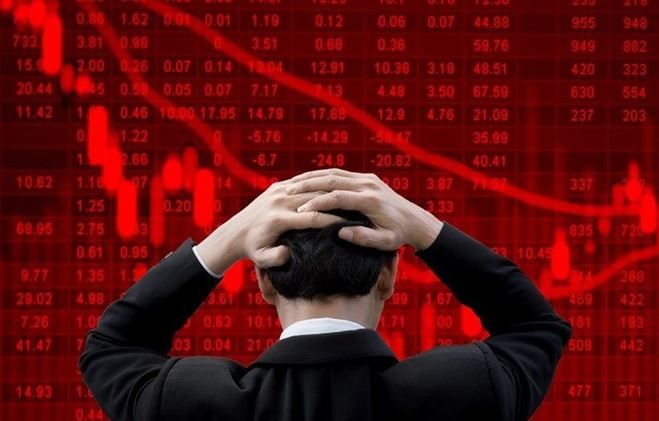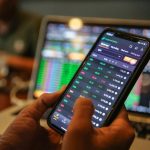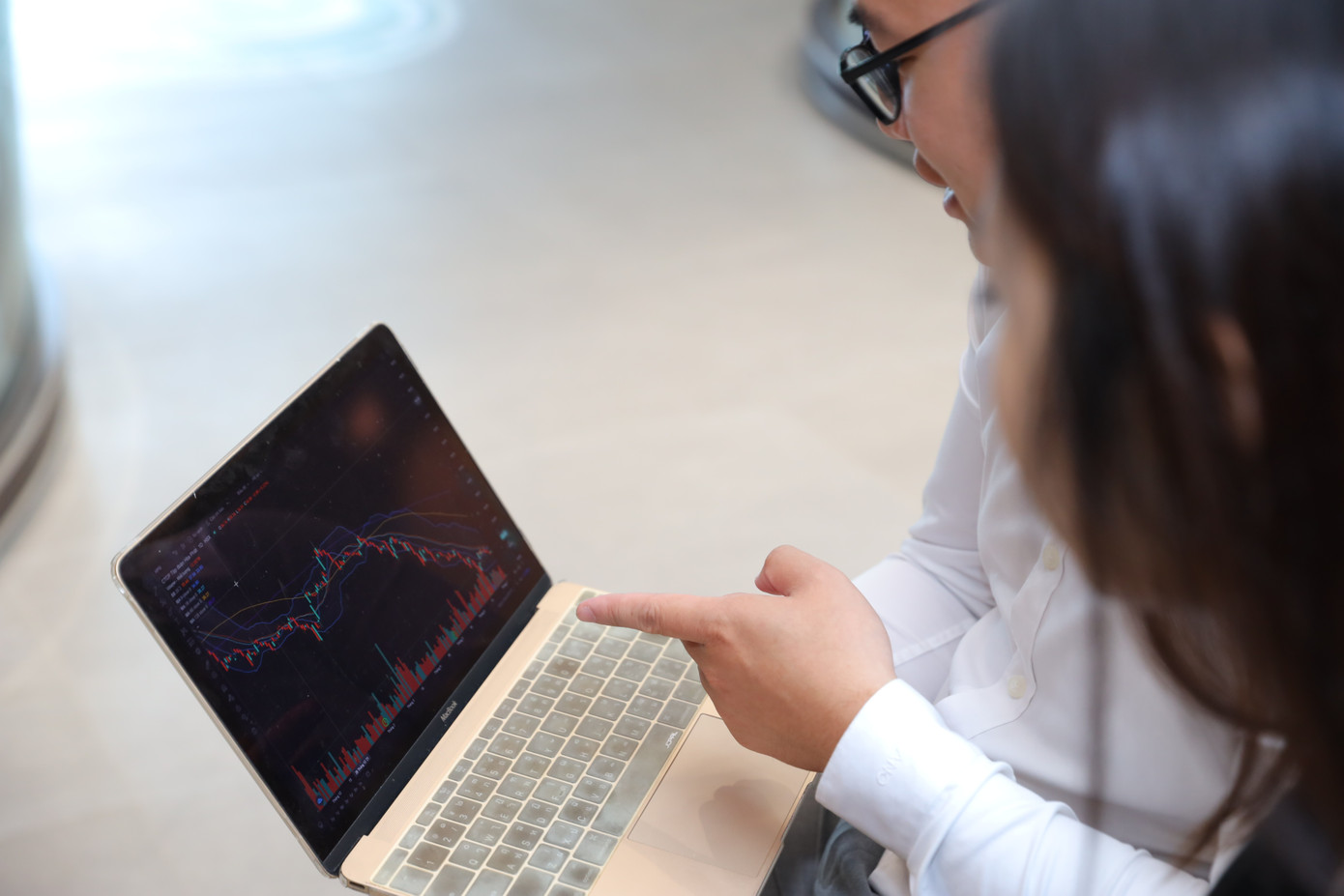The stock market has been a headache for many investors lately. It’s challenging to predict the upcoming trends accurately, hence the importance of investment discipline.
In fact, even individuals with high IQs, considered among the brightest minds globally, have faced setbacks in the stock market. Notable examples include the genius physicist Isaac Newton and the great writer Mark Twain.
Mark Twain: Heavy Losses Due to “Amateur” Investing
Mark Twain is renowned for his literary masterpieces such as The Adventures of Tom Sawyer, The Adventures of Huckleberry Finn, and The Prince and the Pauper. However, he is also known for his amateur ventures into stock market investing, which resulted in significant losses due to numerous mistakes.
His first mistake occurred in 1877 when Mark Twain met with Alexander Graham Bell, representing Bell Telephone Company. Knowing Twain’s fascination with new inventions, they invited him to invest, confident that their innovation would yield splendid profits. However, Twain, whose confidence had been shaken by previous investment losses, declined despite Bell’s persistent persuasion.
Nine years later, thousands of telephones had been installed across the United States. This invention became one of the most important advancements, and the telephone business was immensely profitable at the time. Mark Twain could only regret his decision to “hold onto his money” from nearly a decade ago.
In the 1880s, Mark Twain experienced another record-breaking loss. A mistake cost him at least $150,000, equivalent to millions of dollars today.
For over a decade, Twain invested in a printing machine invented by Paige. However, due to delays in bringing the machine to market, while competitors quickly gained a foothold, Mr. Paige’s invention failed. Consequently, Mark Twain suffered substantial losses from this failed venture.
Subsequently, Mark Twain invested in Plasmon, a milk powder extraction company, a start-up steam winch company, and an insurance company, all of which resulted in losses. Burdened by debts, he turned to the stock market in hopes of a lucky break.
However, his ill-timed decisions to buy and sell stocks led to further losses. For instance, with the stock of the Oregon Intercontinental Railroad Company, he bought shares at $78 each and sadly sold them for only $12 per share.
His series of bitter failures culminated in a famous quote attributed to him in his short story “The Tragedy of Pudd’nhead Wilson”: “October. This is one of the peculiarly dangerous months to speculate in stocks. The others are July, January, September, April, November, May, March, June, December, August, and February.”

Isaac Newton – High IQ Doesn’t Equate to Wise Investing
Isaac Newton, a genius with an extraordinarily high IQ of 190-200, also suffered significant losses in the stock market. Reflecting on this failure, Newton remarked: “I can calculate the movement of stars, but not the madness of men.”
In 1720, South Sea Co., a transportation and trading company with exclusive trading rights in South America, the Caribbean, and the Asia-Pacific region, went public and immediately sparked a speculative frenzy. Issac Newton was among those caught up in this mania.
“In the spring of 1720, Isaac Newton owned shares of the South Sea Company, London’s hottest stock. When the market was exuberant, the physicist sold his shares and pocketed a 100% profit worth £7,000. A few months later, he reinvested in South Sea at a much higher price and lost £20,000 (equivalent to $3 million in 2002-2003). For the rest of his life, he ‘forbade anyone to mention South Sea in his presence,’ as quoted in the book ‘The Intelligent Investor.’
His failure wasn’t due to a lack of business acumen, information, or ability. Instead, a lack of emotional discipline and a tendency to follow the crowd, FOMO (fear of missing out), were the primary reasons for his painful downfall.
“Successful investing doesn’t require a stratospheric IQ, profound business insights, or inside information. What you need is the ability to manage your emotions so you make calm, rational decisions. You must keep raw, irrational emotion from wreaking havoc on your financial affairs,” says investing genius Warren Buffett.
Making money in the stock market is not easy. It’s a challenge even for professional investors, and a misstep can lead to a ‘hold’ situation where the loss is too big to accept selling.
However, risks and opportunities go hand in hand. Many investors have successfully navigated the stock market, and their achievements are not attributed to luck or following the crowd.
For instance, Eduardo Briceno, who turned $28,000 into nearly $800,000 (nearly $19 billion), equivalent to a 2,700% profit from October 2020 to February 2023, had also once lost $8,000 in savings. After this setback, he committed to acquiring knowledge and learning more about technical analysis to correct his mistakes.
“I can’t afford to lose money anymore. It has to come back,” Briceno said. “Trading to survive will lead to disaster. And that was my mistake. I was trying to trade to pay bills, and I ended up losing money.”
In an interview with BI, Eduardo Briceno acknowledged that the initial difficulties contributed to his resilience.
“I’m really grateful for that dark time,” Briceno said.
Source: BI
Investing in a volatile market: Should beginners consider putting money into high-yield bonds for 10-30% yearly profit?
Short-term stock market trading has proven to be a risky venture for many investors, leading to substantial losses. However, there are a few select open funds that have managed to achieve impressive returns, reaching up to 30%.

















